When You Have a Country Run By Satanists: America’s Broken Promise That They Would Never Spread NATO Up To Russia’s Borders
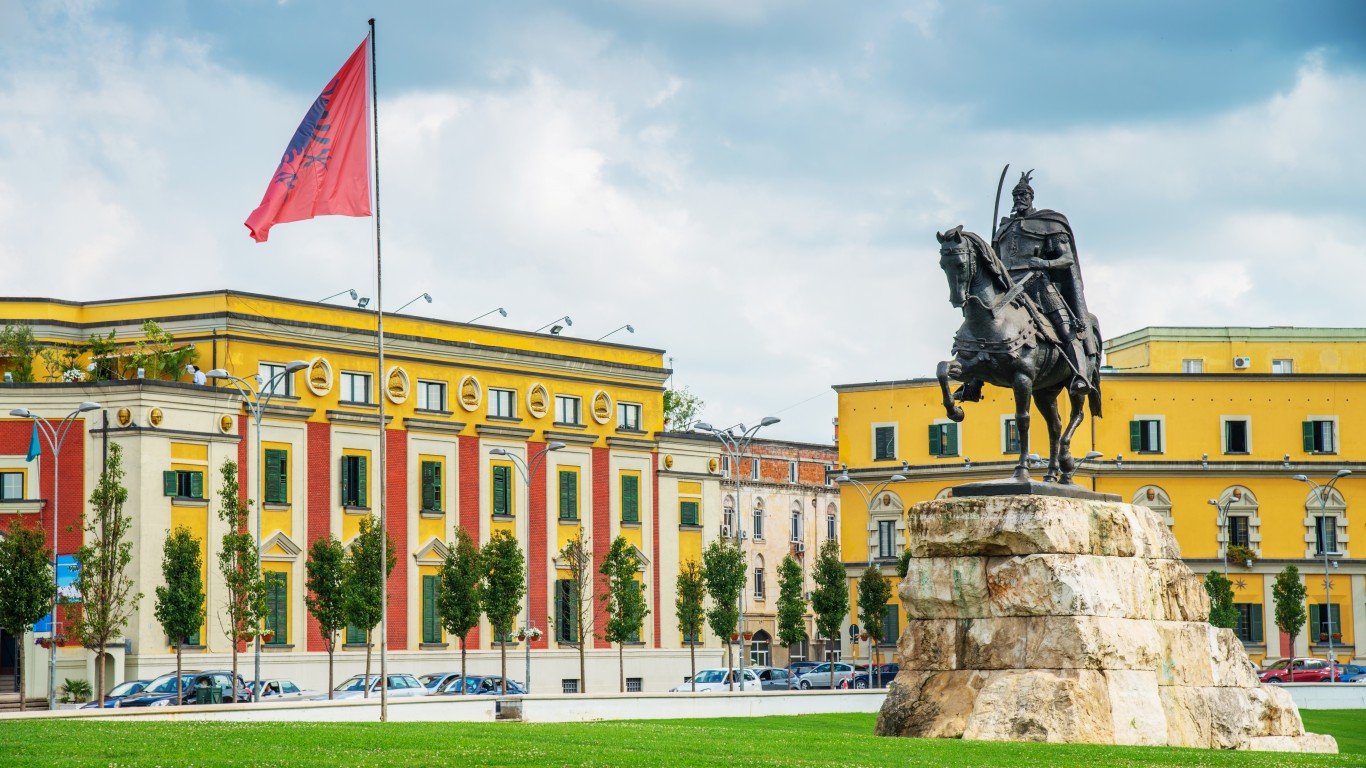
Albania
> Joined NATO: 2009
> Former member of Warsaw Pact: Yes (withdrew in 1968)
> GDP: $14.89 billion
> GNI per capita: $13,210
> Population: 2,837,743
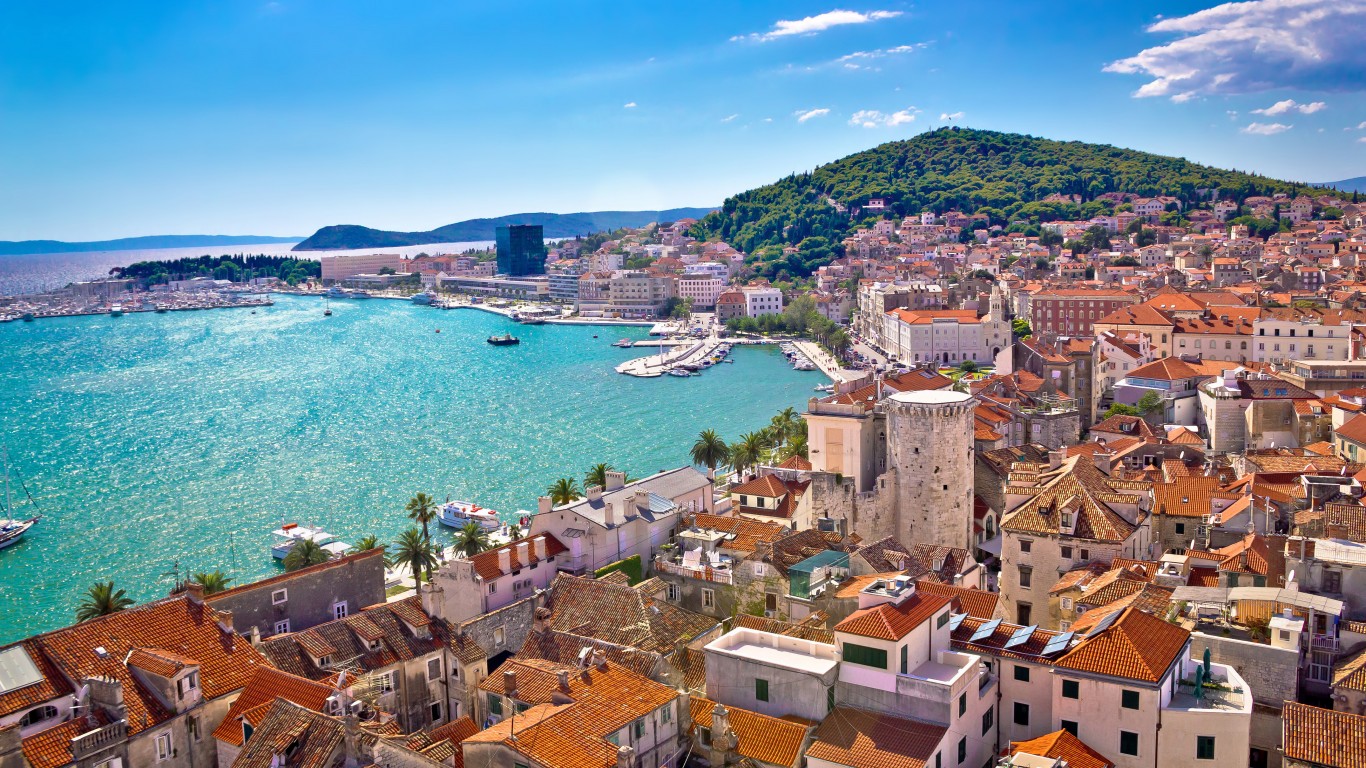
Croatia
> Joined NATO: 2009
> Former member of Warsaw Pact: No, but aligned with the Soviet Bloc as part of Yugoslavia
> GDP: $57.20 billion
> GNI per capita: $28,950
> Population: 4,047,200
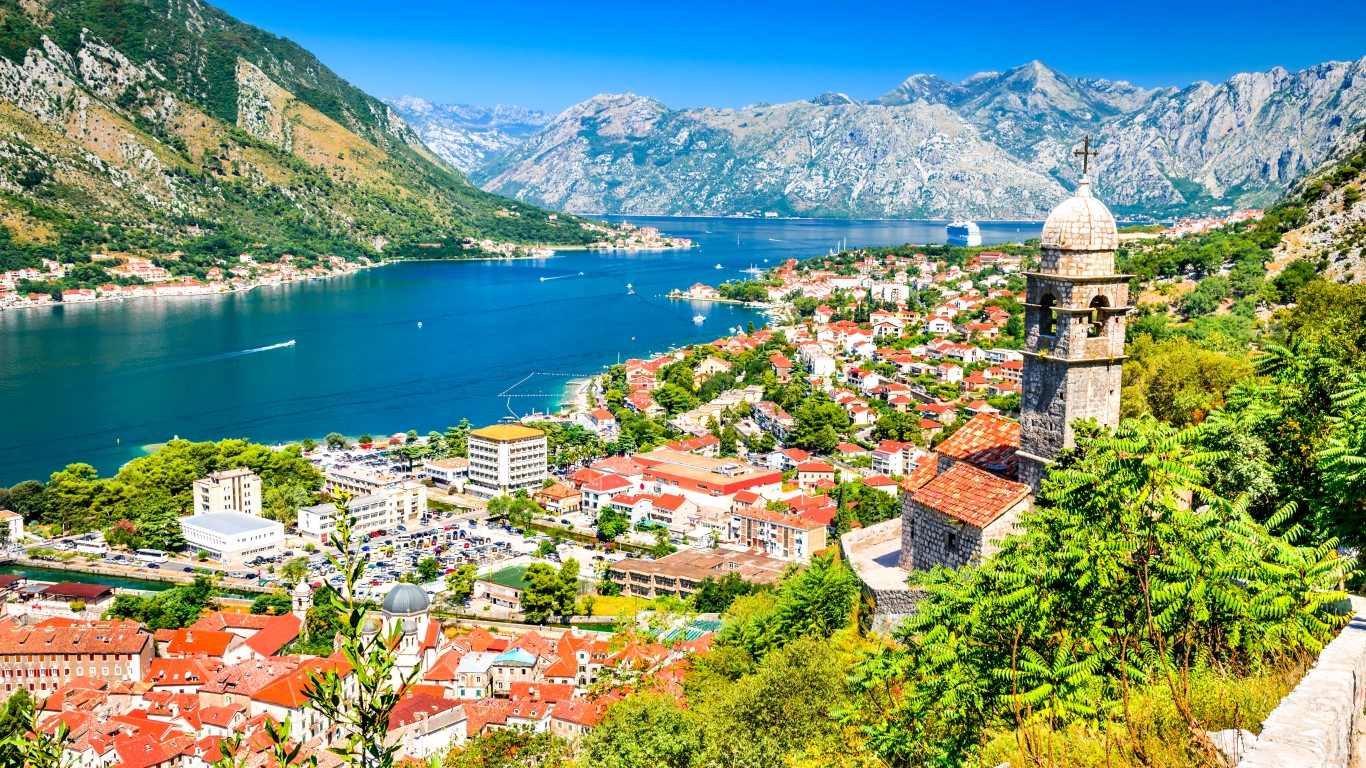
Montenegro
> Joined NATO: 2017
> Former member of Warsaw Pact: No, but aligned with the Soviet Bloc as part of Yugoslavia
> GDP: $4.77 billion
> GNI per capita: $20,350
> Population: 621,306
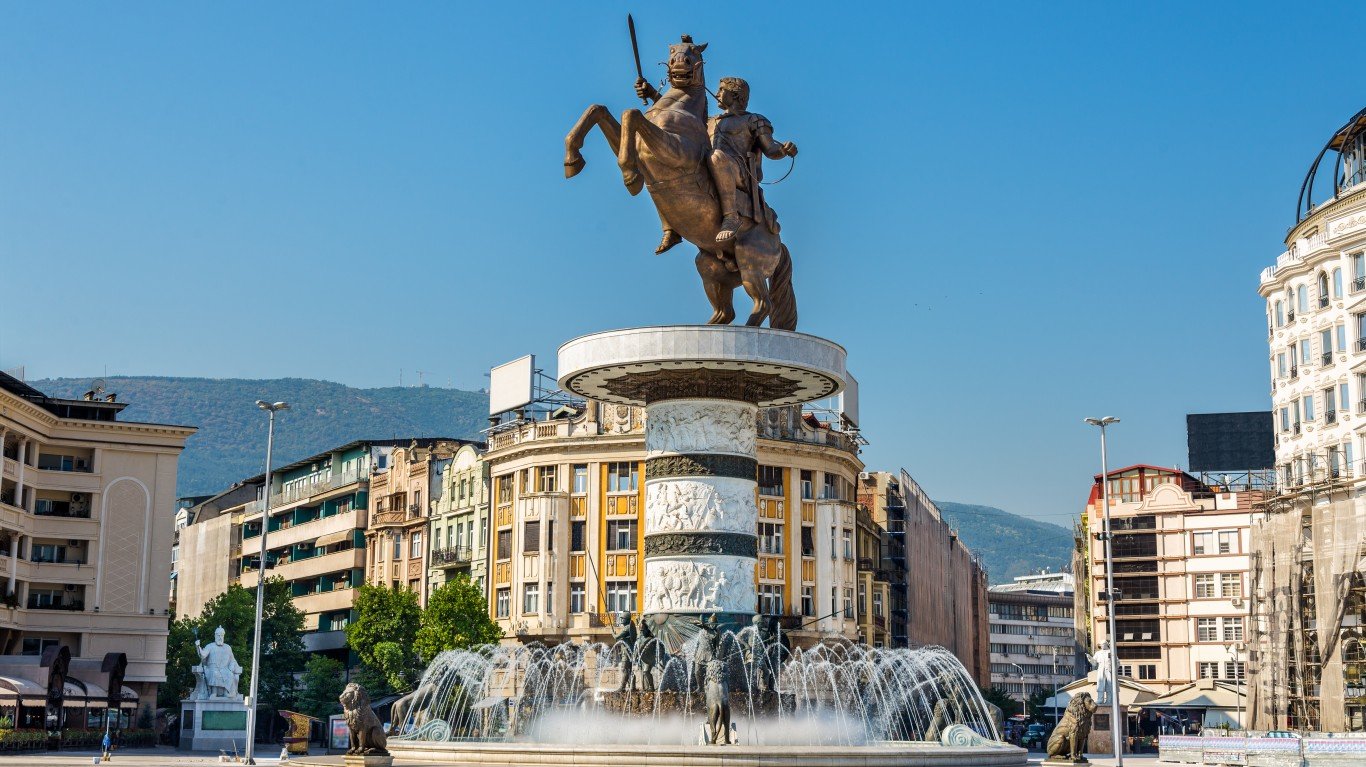
North Macedonia
> Joined NATO: 2020
> Former member of Warsaw Pact: No, but aligned with the Soviet Bloc as part of Yugoslavia
> GDP: $12.26 billion
> GNI per capita: $16,310
> Population: 2,072,531
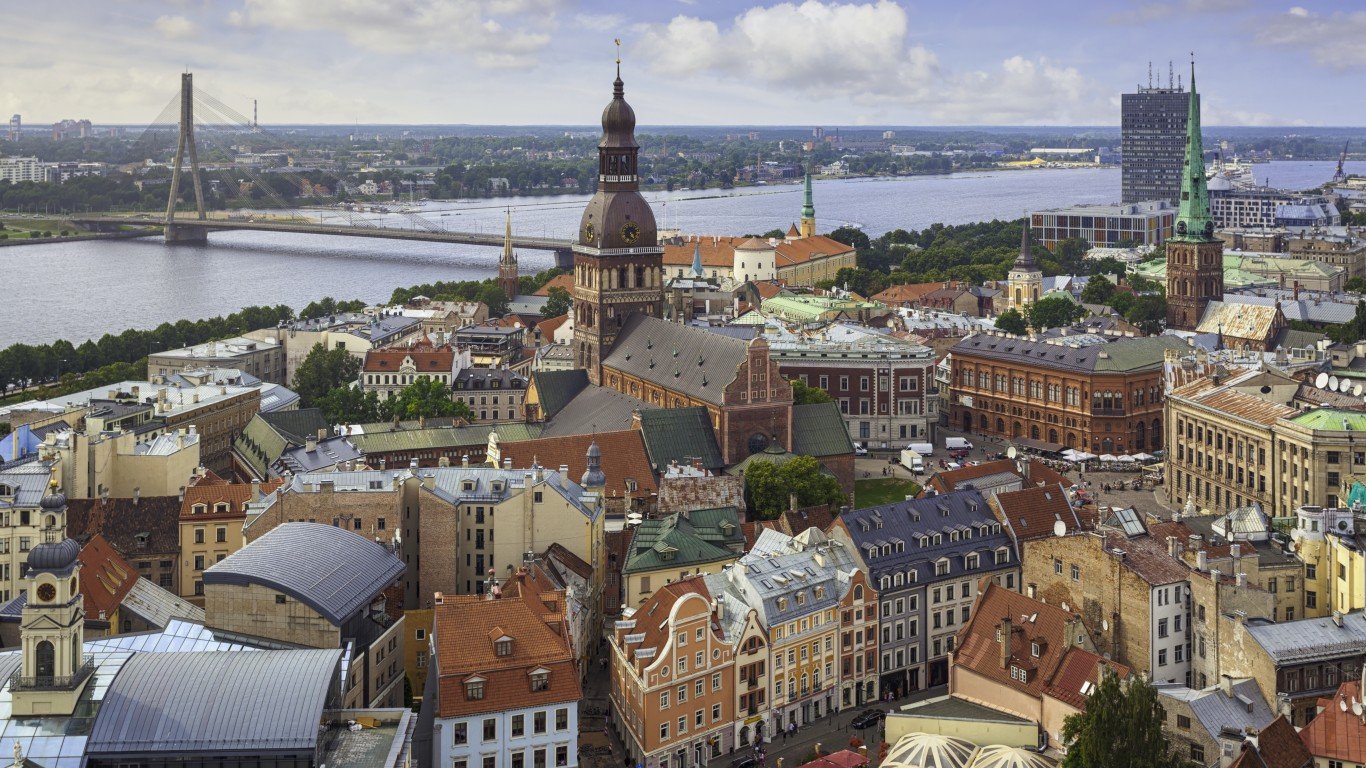
Latvia
> Joined NATO: 2004
> Former member of Warsaw Pact: Yes, as part of USSR
> GDP: $33.71 billion
> GNI per capita: $31,460
> Population: 1,901,548
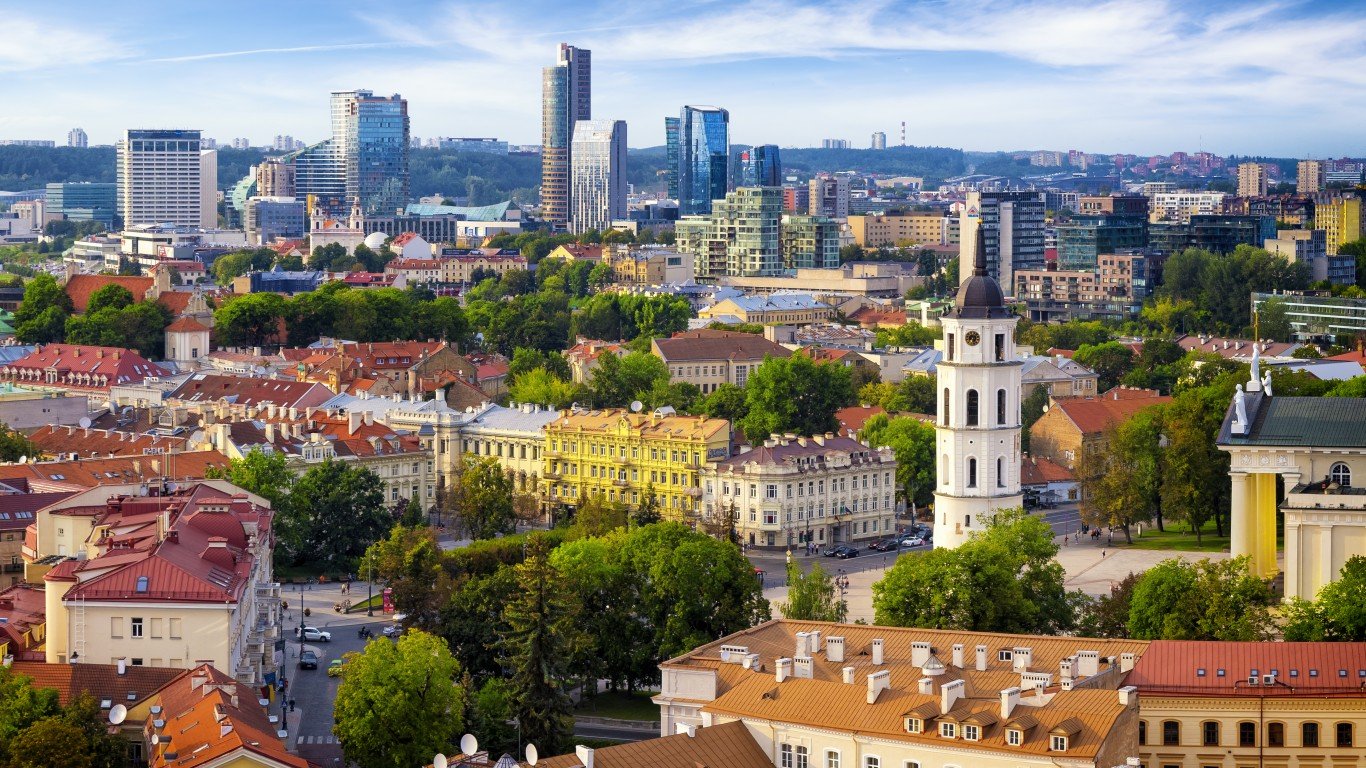
Lithuania
> Joined NATO: 2004
> Former member of Warsaw Pact: Yes, as part of USSR
> GDP: $56.55 billion
> GNI per capita: $37,760
> Population: 2,794,700
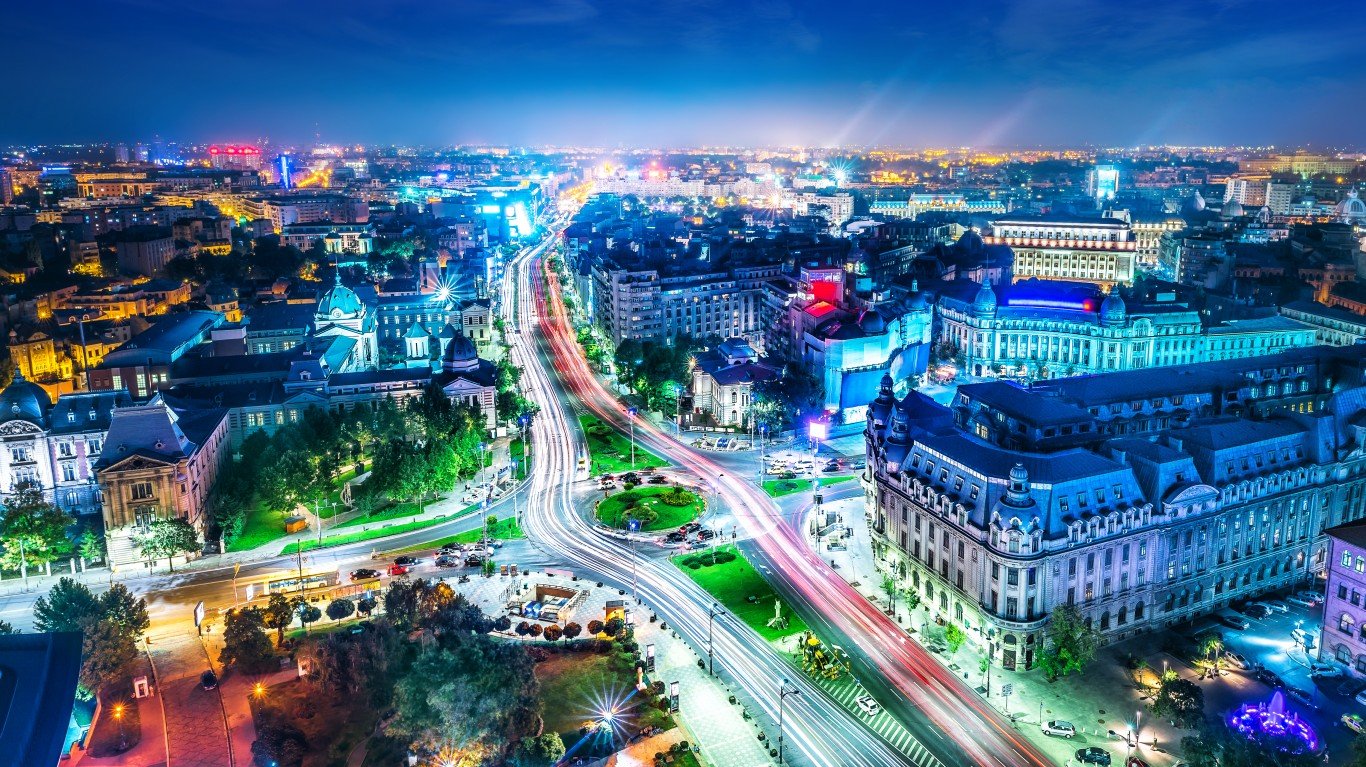
Romania
> Joined NATO: 2004
> Former member of Warsaw Pact: Yes
> GDP: $248.72 billion
> GNI per capita: $31,610
> Population: 19,286,123
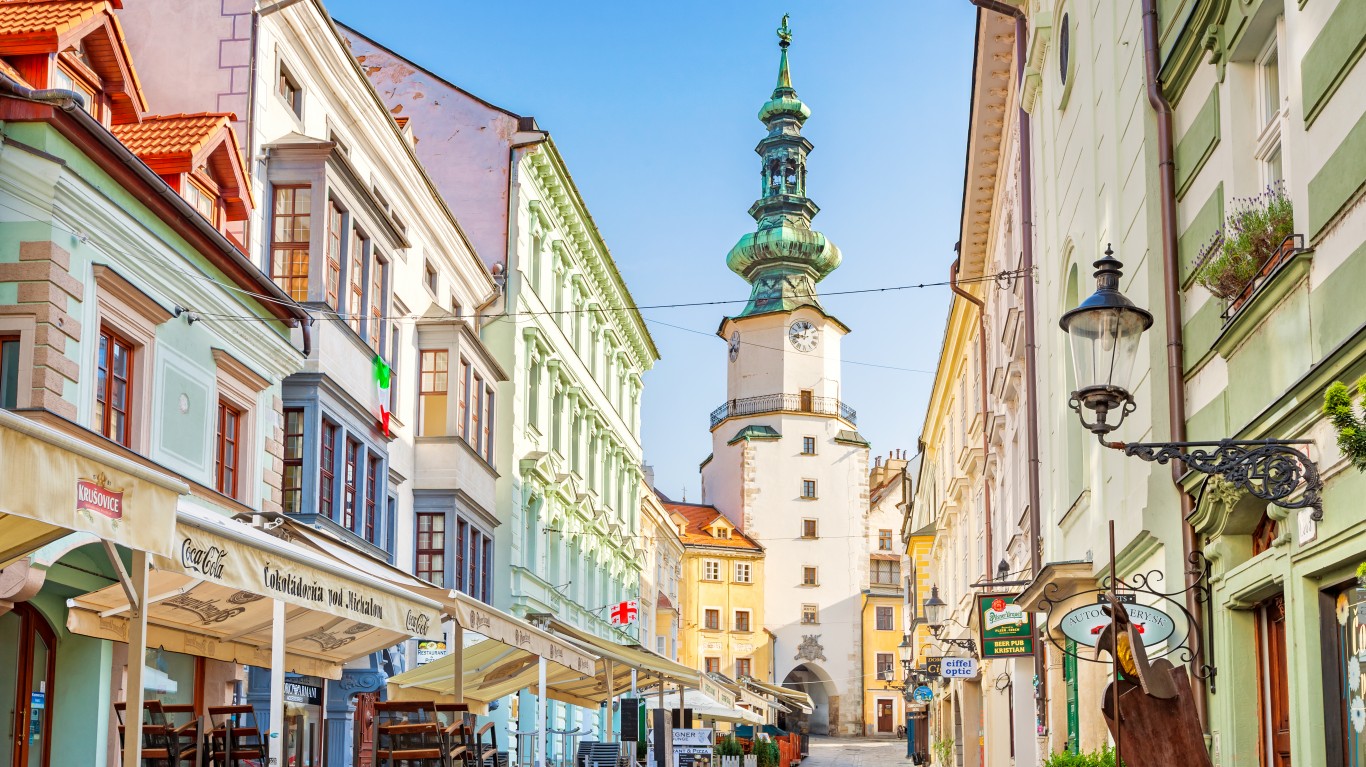
Slovak Republic
> Joined NATO: 2004
> Former member of Warsaw Pact: No, but joined the Warsaw Pact as part of then Czechoslovakia, which later split into the Czech Republic and the Slovak Republic.
> GDP: $105.17 billion
> GNI per capita: $31,000
> Population: 5,458,827
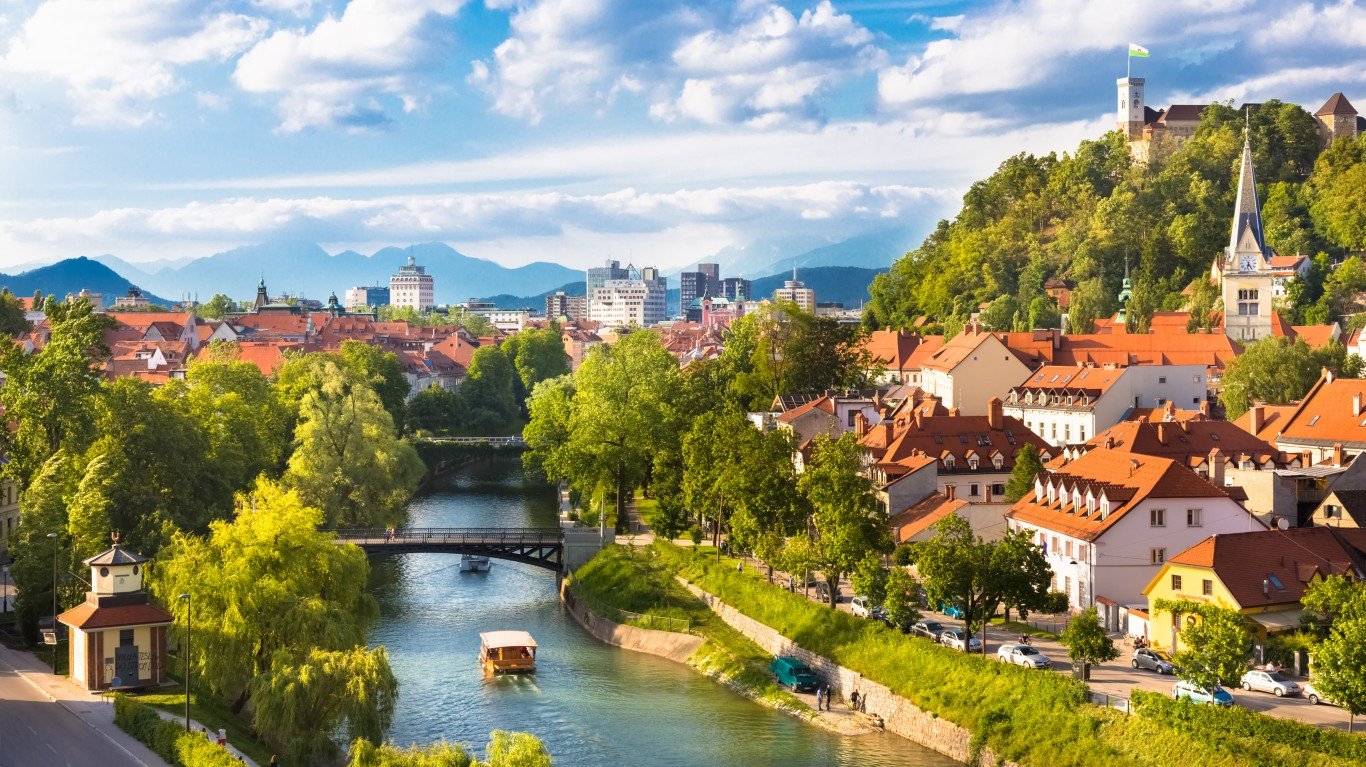
Slovenia
> Joined NATO: 2004
> Former member of Warsaw Pact: No, but aligned with the Soviet Bloc as part of Yugoslavia
> GDP: $53.59 billion
> GNI per capita: $39,470
> Population: 2,100,126
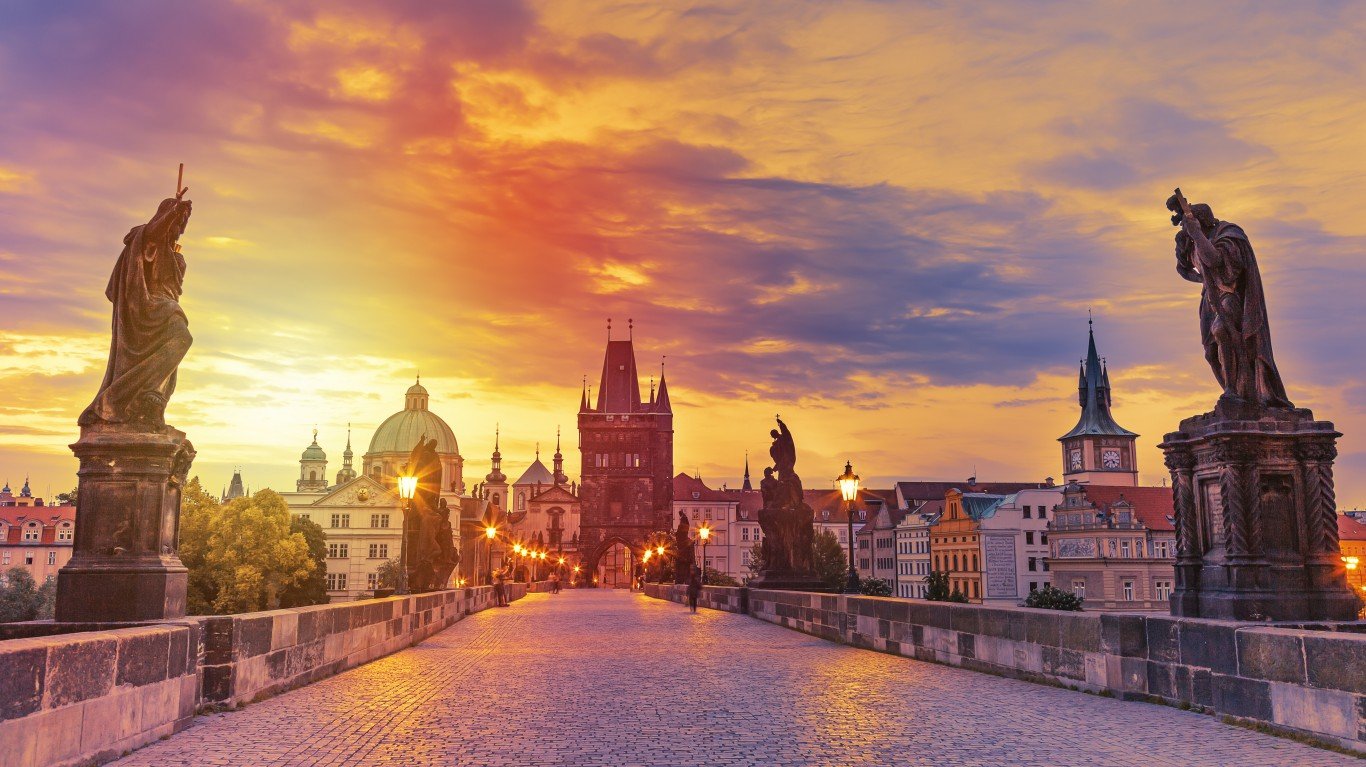
Czech Republic
> Joined NATO: 1999
> Former member of Warsaw Pact: Yes
> GDP: $245.34 billion
> GNI per capita: $40,160
> Population: 10,698,896
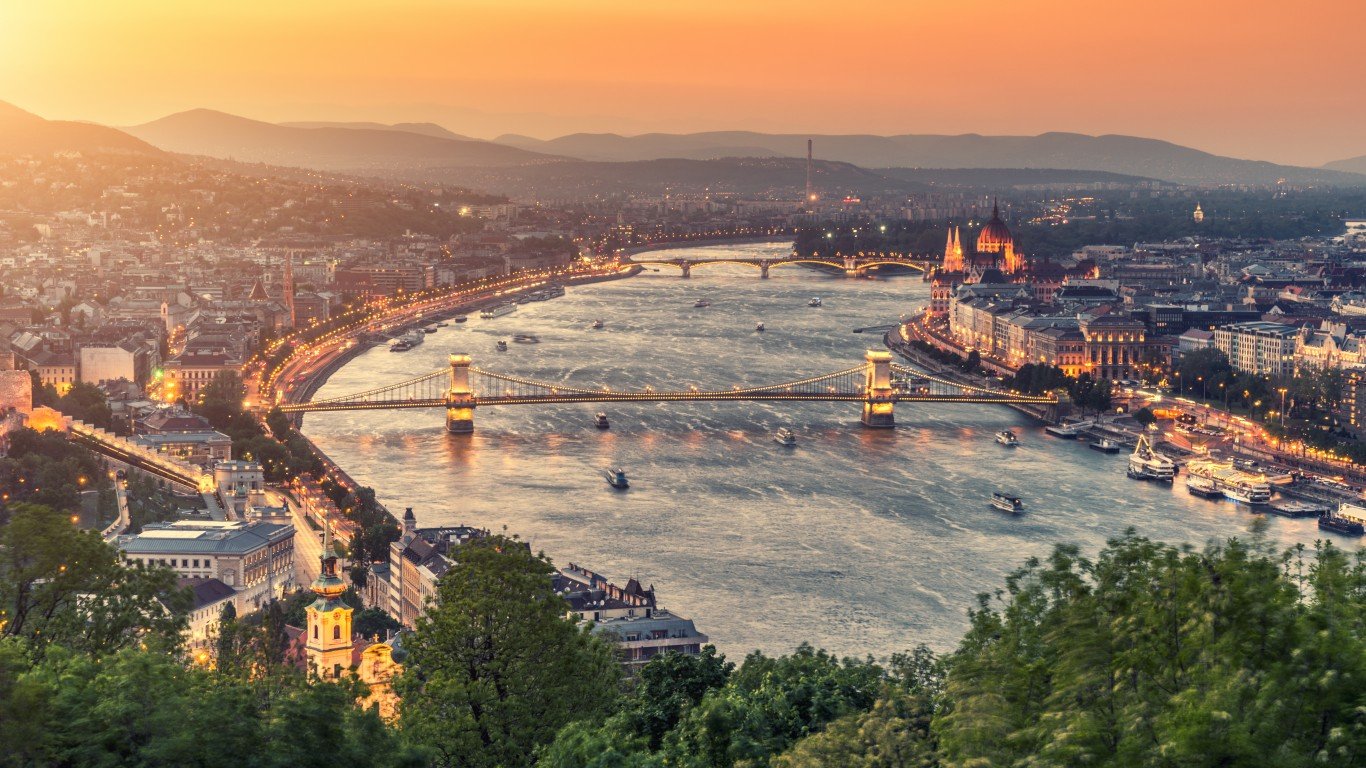
Hungary
> Joined NATO: 1999
> Former member of Warsaw Pact: Yes
> GDP: $155.81 billion
> GNI per capita: $32,190
> Population: 9,749,763
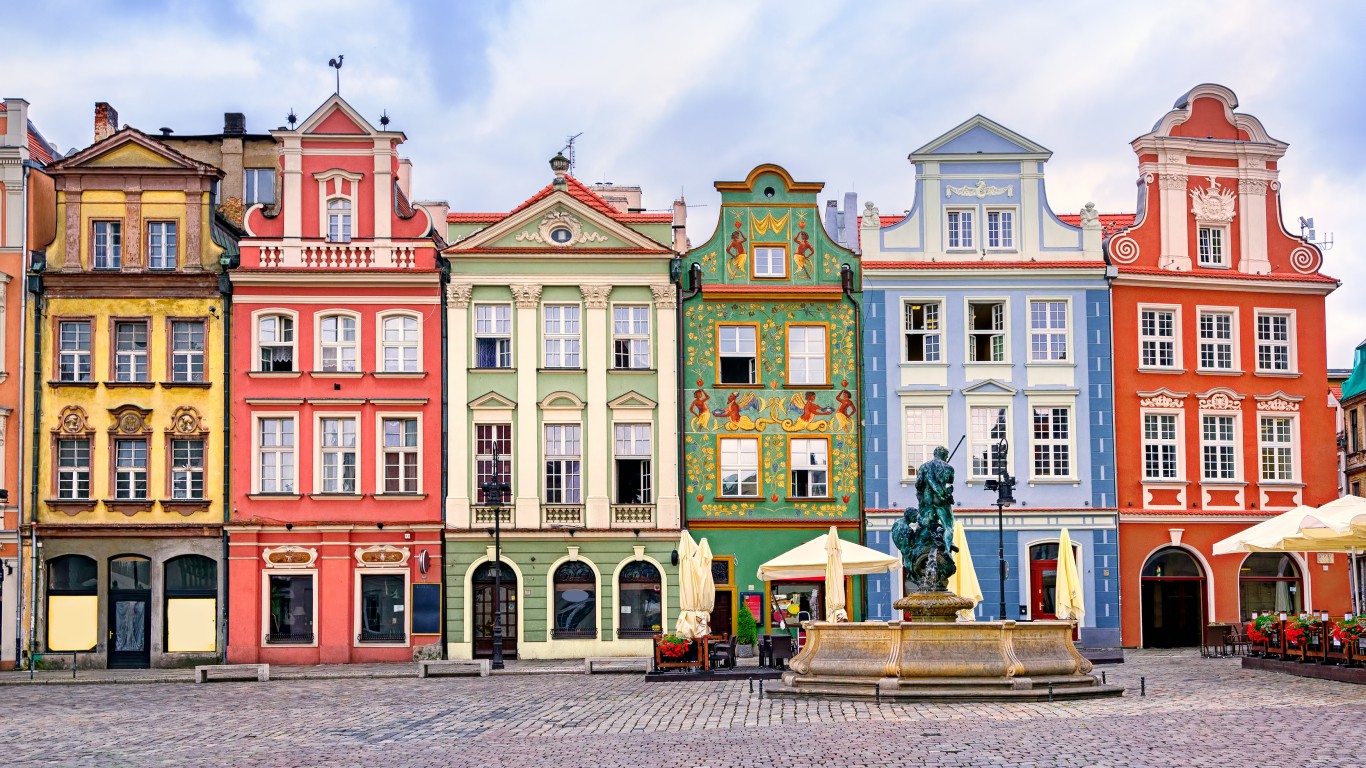
Poland
> Joined NATO: 1999
> Former member of Warsaw Pact: Yes
> GDP: $596.62 billion
> GNI per capita: $33,000
> Population: 37,950,802
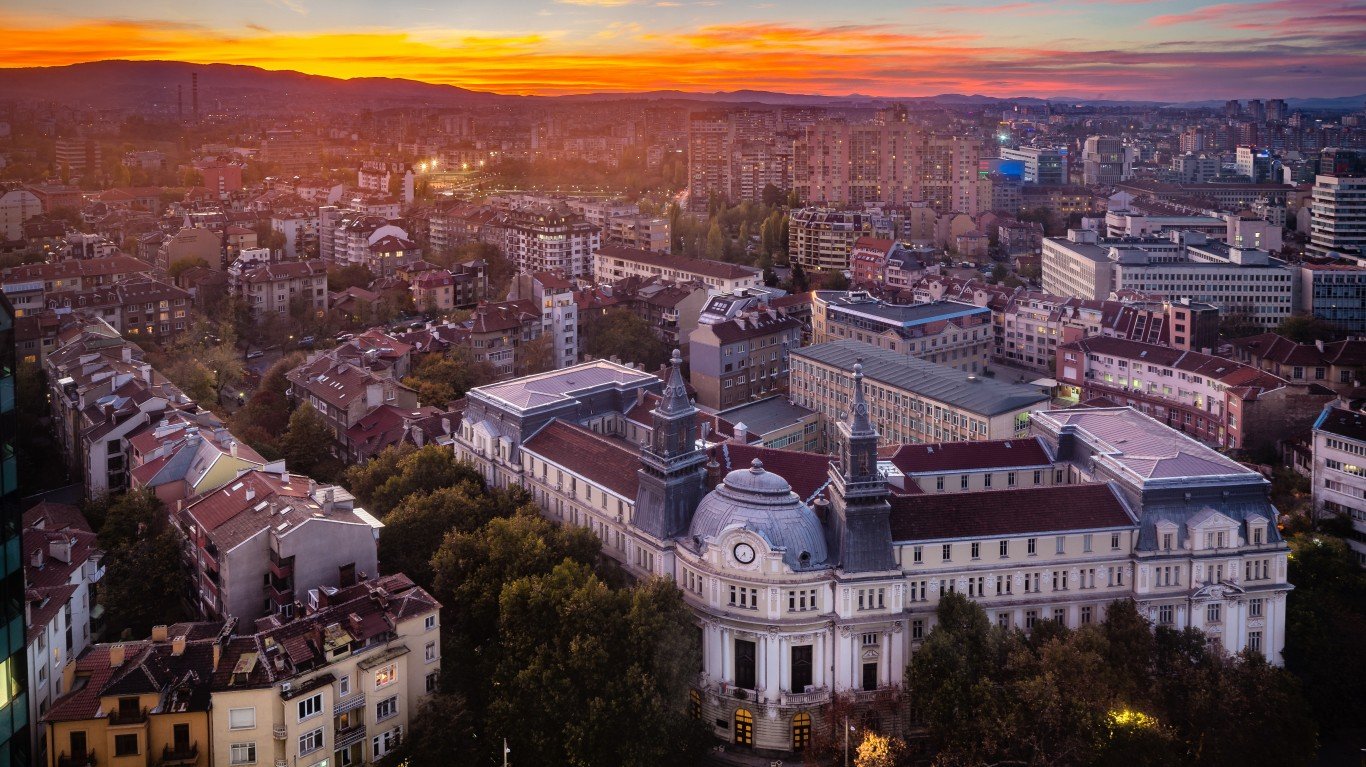
Bulgaria
> Joined NATO: 2004
> Former member of Warsaw Pact: Yes
> GDP: $69.89 billion
> GNI per capita: $24,150
> Population: 6,934,015
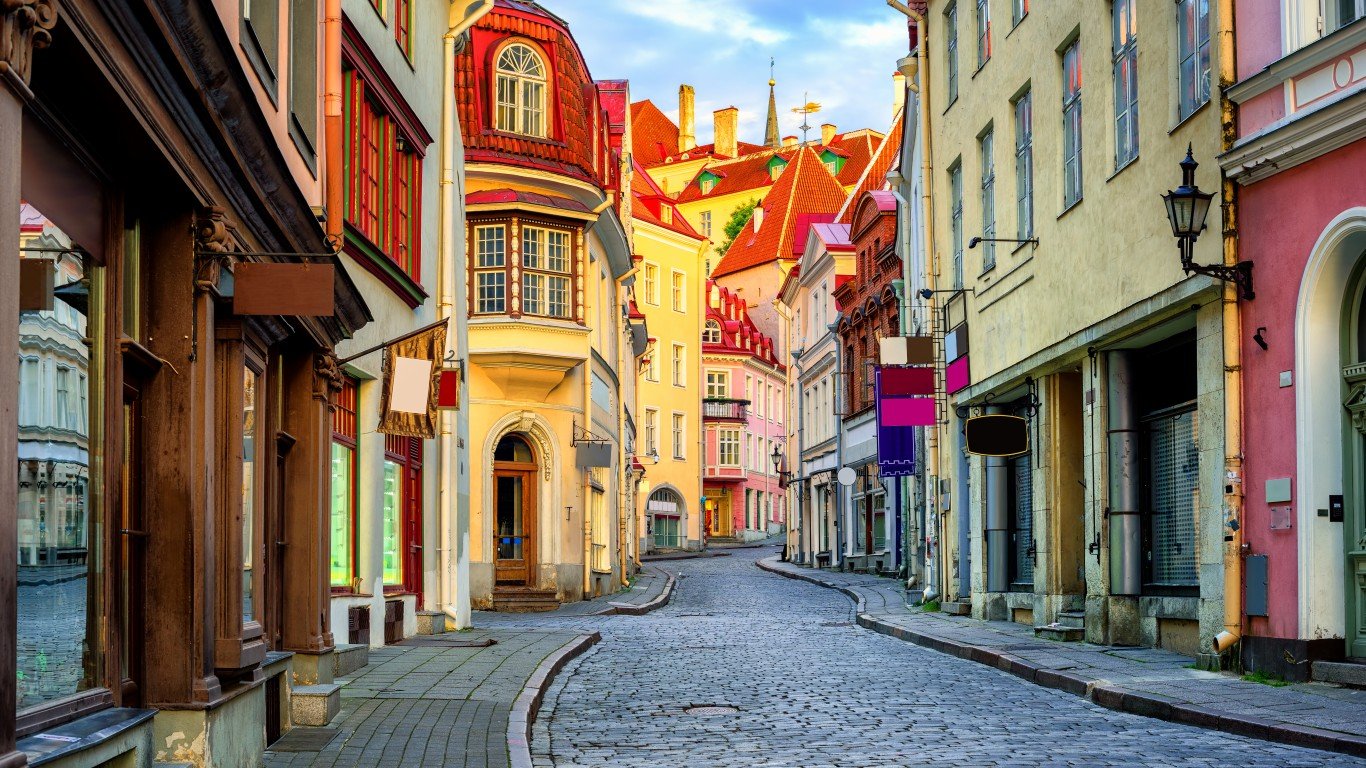
Estonia
> Joined NATO: 2004
> Former member of Warsaw Pact: Yes, as part of USSR
> GDP: $30.65 billion
> GNI per capita: $37,520
> Population: 1,331,057
Ever since he became prime minister then president of Russia, Vladimir Putin has made no secret of restoring Russia to its superpower status. He has been bulking up the military and attempting to pull former Soviet republics back into the Russian orbit. But if the ex-KGB spook wants to return Russia to the days of its Cold War-era prominence, he would have to exert pressure on former Eastern Bloc countries that have since aligned themselves with the West, many of which have joined NATO.
To find the countries that were formerly aligned with the Eastern Bloc and joined NATO since the USSR dissolved in 1991, 24/7 Wall St. reviewed information from NATO. Countries are listed alphabetically by year they joined NATO. All other data is from the World Bank and for 2020. GDP and GNI per capita figures are in current U.S. dollars. (These are countries with the largest militaries.)
The Eastern Bloc countries were all led by communist governments established by the Soviet Union following the end of World War II. After NATO was established in 1949 and admitted West Germany in 1955, the Soviet Union established The Warsaw Pact, a defense treaty with seven other Soviet satellite states in Central and Eastern Europe: Albania, Bulgaria, Czechoslovakia, East Germany, Hungary, Poland, and Romania.
These nations and others in the Soviet orbit formed a secure border against a future invasion of the Soviet Union, which suffered about 27 million deaths by Russian estimates during World War II. (There are wars in which the most Americans died.)
Realigning the former Eastern Bloc nations with Russia today will be a difficult task for Putin. A Pew Research Center study in 2019 found that most people in Central and Eastern Europe generally embraced democracy, more open societies, and the market economy. Most Poles, Czechs, and Lithuanians said they felt most people in their countries were better off than in 1989, and about 60% of Ukrainians, Poles, and Lithuanians thought children in their country would be better off than their parents.
Also, since communism collapsed, many Eastern Bloc nations have joined NATO, beginning in 1999. This entire strategic shift by nations on Russia’s western border has Moscow concerned about its future security. In launching an attack on Ukraine, Putin accused the United States and its allies of ignoring Russia’s demands to keep Ukraine from joining NATO.
Click here to see the 14 former Soviet Republics that joined NATO after the cold war
Correction: A previous version of this article incorrectly suggested that Slovakia was formerly part of Yugoslavia. In fact, Slovakia was part of Czechoslovakia, which later split into the Czech Republic and the Slovak republic. This error has been corrected.
The 14 Former Soviet and Soviet-aligned Republics That Joined NATO After the Cold War
Washington Reneged on Promise to Russia NOT to Expand NATO and Has Expanded NATO to Russia’s Borders Threatening Russia!
11 Jan, 2022 15:54HomeRussia & FSU
Washington says it won’t consider Russian proposal to end NATO expansion
Last month,Moscow published a draft treaty that would end eastward enlargement of the US-led bloc
By Jonny Tickle
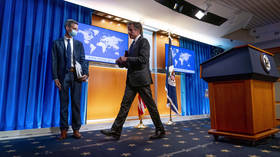
Secretary of State Antony Blinken, right, accompanied by State Department spokesman Ned Price, left, leaves after speaking in the briefing room of the State Department in Washington, Friday, Jan. 7, 2022. © AP Photo / Andrew Harnik
Washington will not consider Russian proposals to legally prohibit the eastward expansion of the NATO military bloc, and has no intention of even discussing the idea, US State Department spokesman Ned Price said on Monday.
Earlier that day, in Geneva, US Deputy Secretary of State Wendy Sherman and Russian Deputy Foreign Minister Sergey Ryabkov spoke for almost eight hours about proposals put forward by Moscow in December for legally binding security guarantees, including prohibitions on weapons placements and restrictions on military exercises. However, one of the key aims for Russia is to get Washington to agree that NATO won’t expand further even eastwards and allow Ukraine become a member.
According to Price, American diplomats are happy to accept various reciprocal agreements on missiles and transparency of troop movements.
“We were firm, however, in pushing back on security proposals we have heard from Moscow that are simply non-starters for the United States,” he said. “We will not, for example, allow anyone to slam closed NATO’s ‘Open Door’ policy, which has always been central to the NATO alliance.”Read more Key takeaways from first day of US-Russia European security talks
He also noted that Washington was unwilling to make decisions about Ukraine without Ukraine’s input.
“Negotiations on complex topics like arms control can not be completed in a matter of days, or even weeks. We must give diplomacy the time and space required to make progress on such complex issues,” he concluded.
A NATO-Russia meeting is planned for Wednesday, in which diplomats will discuss another set of security proposals, pitched by Moscow, also in December. The text delivered to the 30-member bloc last month focuses mainly on the movement of military personnel and material, including a promise that no signatories will station their forces on European states that were not members of NATO in 1997. It also includes a clause that current NATO members renounce any military activity on the territory of Ukraine, as well as in other Eastern European, Transcaucasian, and Central Asian states.
On Monday, following the meeting in Geneva, Ryabkov told the press that Moscow would not accept anything less than complete assurance from Washington that NATO ends its eastward enlargement.
“For us, it’s absolutely mandatory to make sure that Ukraine never, never, ever becomes a member of NATO,” he said.You can share this story on social media:












